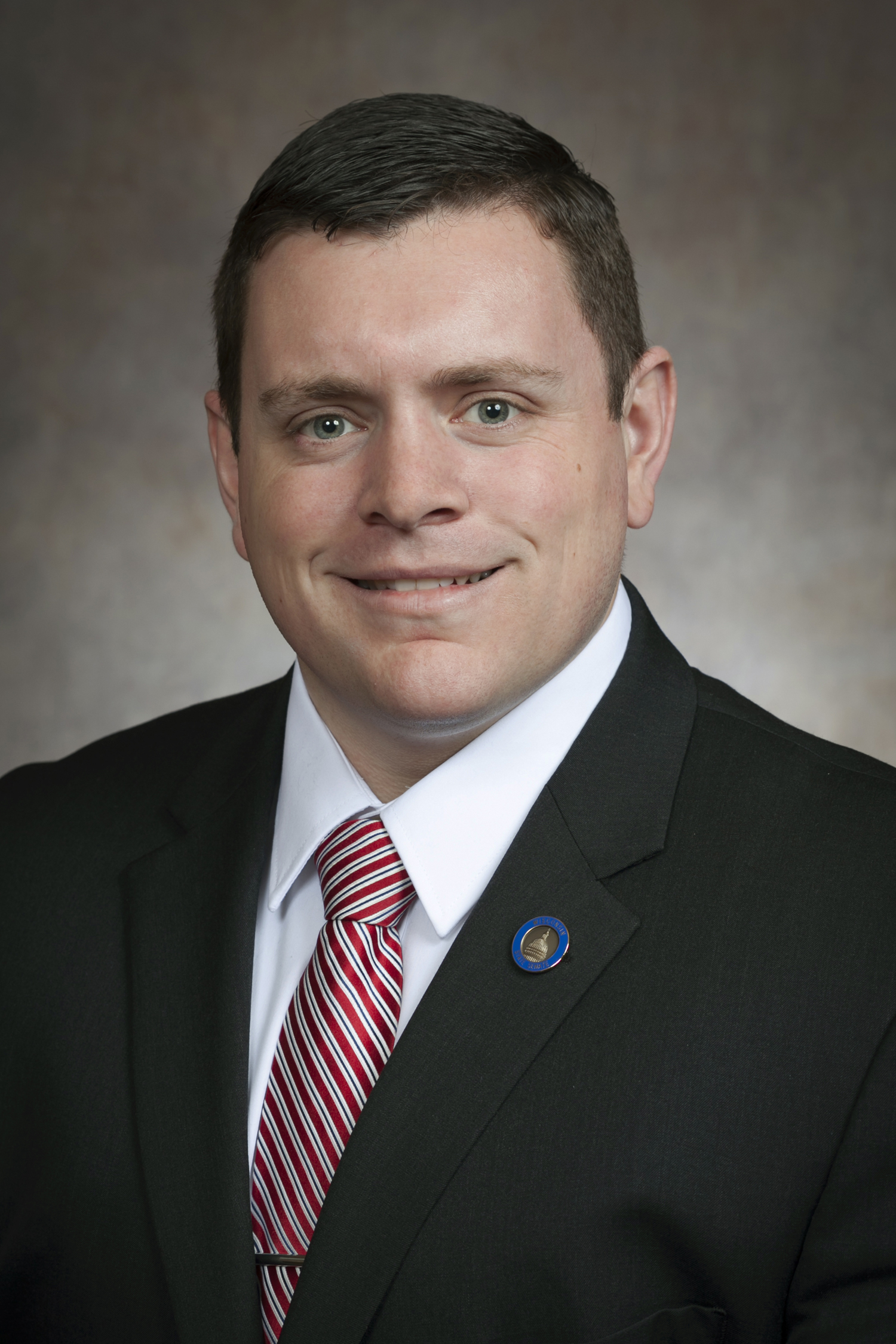From Senator Patrick Testin: 2019 Budget – Spotlight on Workforce

Dear readers,
This June, our state celebrated 16 straight months of unemployment at 3% or less. Wisconsin is working, and thanks to smart investments in the 2019 budget, our workforce is positioned to continue to get the job done moving forward.
The budget the legislature crafted includes a $25 million funding increase for our technical colleges – so schools like Western Technical College and Mid-State Technical College can continue to help students harness their passions into meaningful, family-supporting careers.
We’re also working to help high school students explore interests that could develop into jobs. The budget includes a provision based on a bill that I authored with Rep. Loren Oldenburg (Viroqua) that sets a new, higher funding baseline for the state’s Youth Apprenticeship (YA) program. YA funds are used by local consortia, which have a diverse makeup that can comprise a variety of institutions including schools, chambers of commerce, local businesses, and technical colleges. These entities work together to educate young people in the classroom and with hands on experiences that can lead to a job in the future. Thanks to our addition to the budget, we can continue to fund this successful three decade old program at its level of need.
The money for youth apprenticeships is part of a $25 million overall increase in funding for worker training. These are investments in Wisconsin’s greatest resource – the people – and I’m proud to have voted in favor of these measures.
The provisions we passed are important – but just as important are the provisions that didn’t pass in this budget. In the Governor’s initial proposal, he wanted to raise taxes on manufacturers and farmers. We removed the job-killing tax increase, and instead were able to pass $457.6 million in tax cuts for the middle class and an additional $58.6 million in property tax reductions. This means that a family of four making $50,000 per year will keep another $180, while a single mother making $20,000 per year would see a 9 percent tax decrease.
Sadly, Governor Evers’ did veto one major provision that could have made this budget even better. Inexplicably, he vetoed the section of the budget that requires able-bodied FoodShare recipients to work or be engaged in worker training.
I believe in helping those who are in need, but I also believe that people who are able to work should do so – especially if they are benefiting from programs paid for by taxpayer dollars. We should encourage workforce participation and training; with this veto, the Governor is discouraging it.
People in Central and Western Wisconsin wake up, go to work, pay their taxes, and expect the government to spend that money wisely. Overall, I believe that this is a responsible budget that makes smart investments in Wisconsin workers that will pay off now and in the future.




